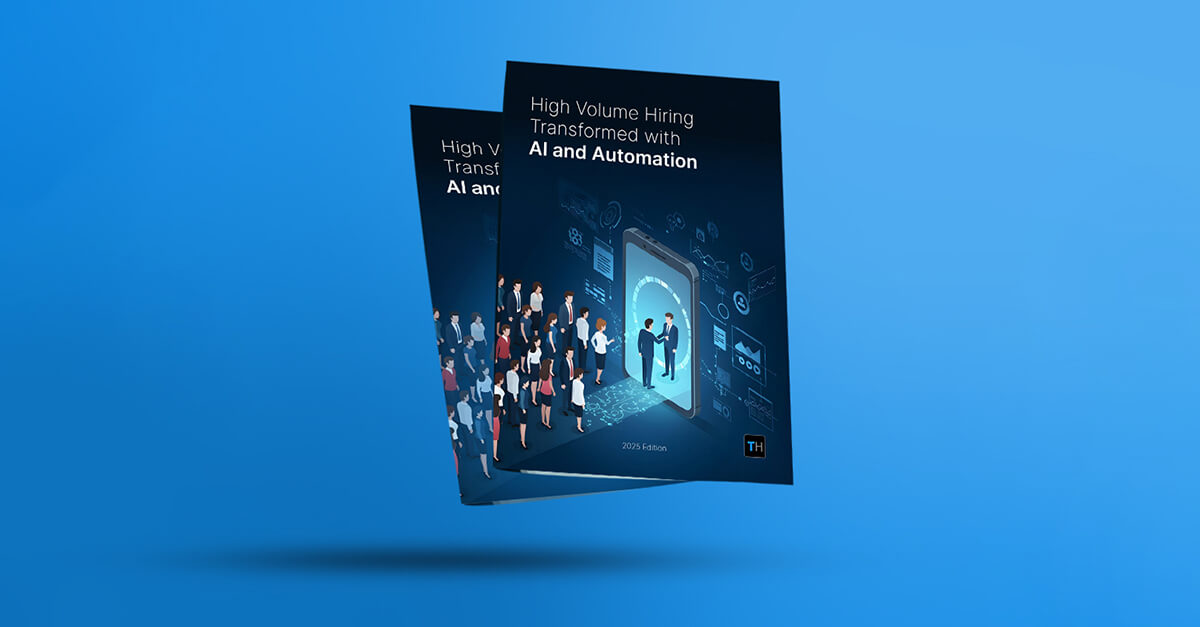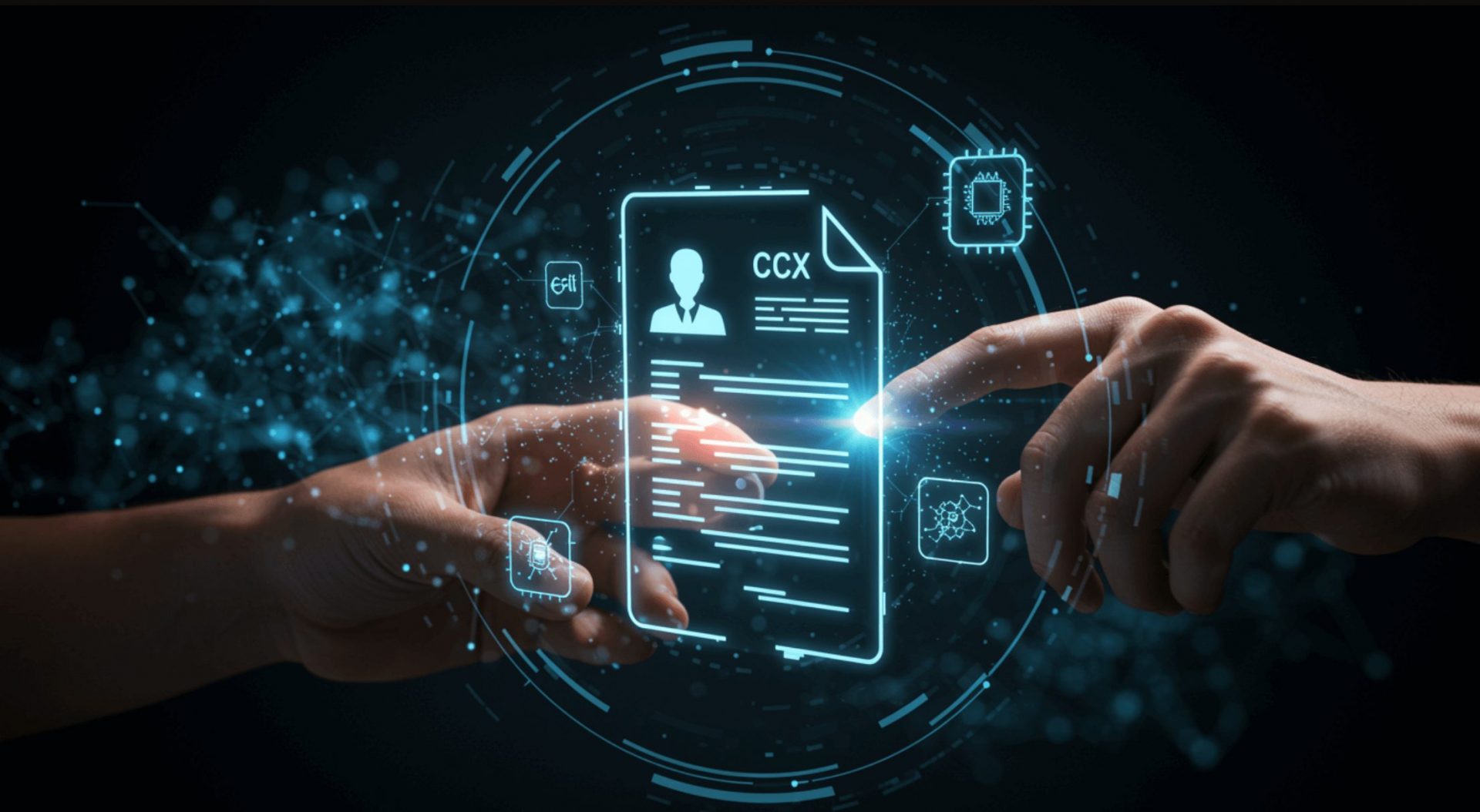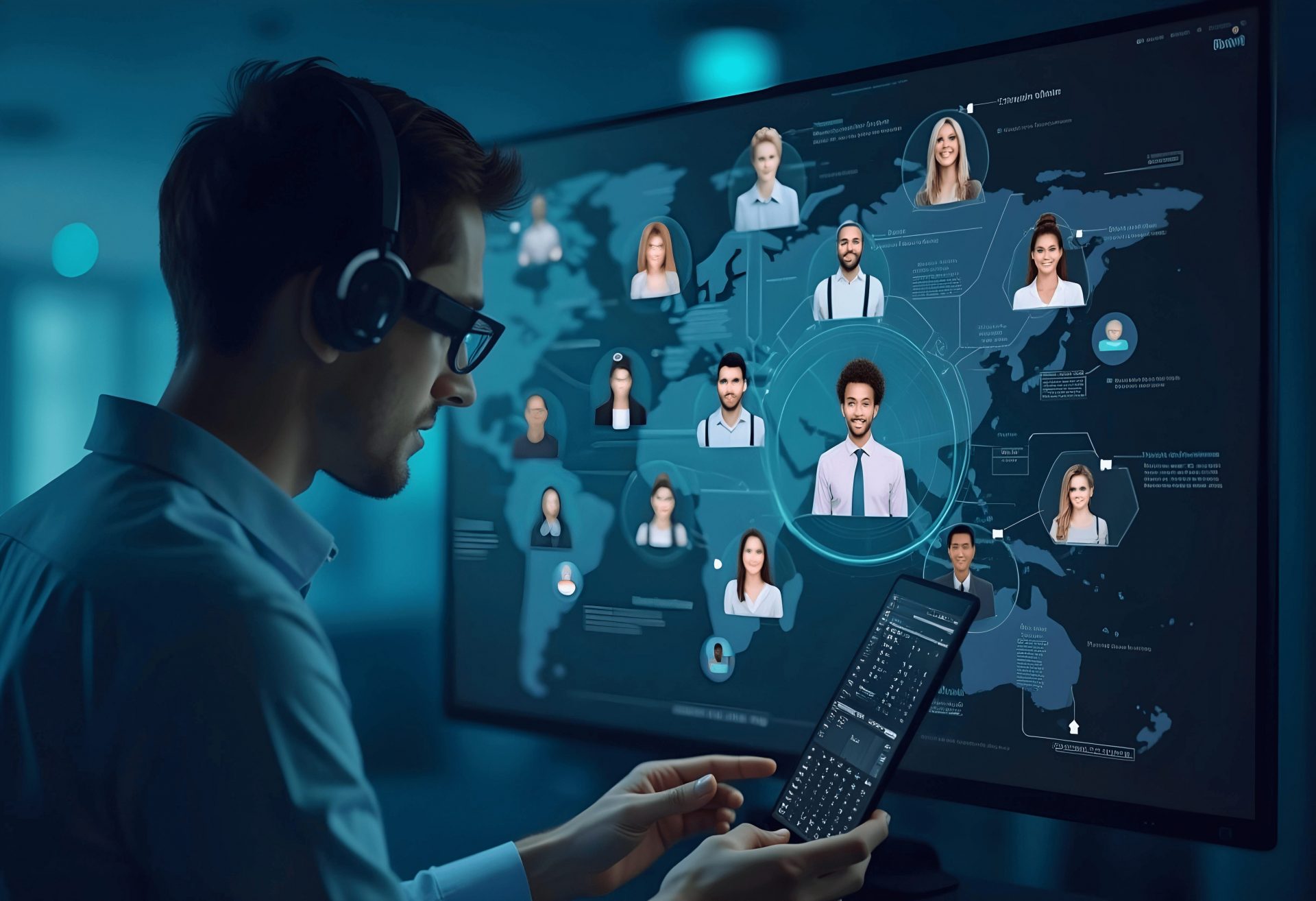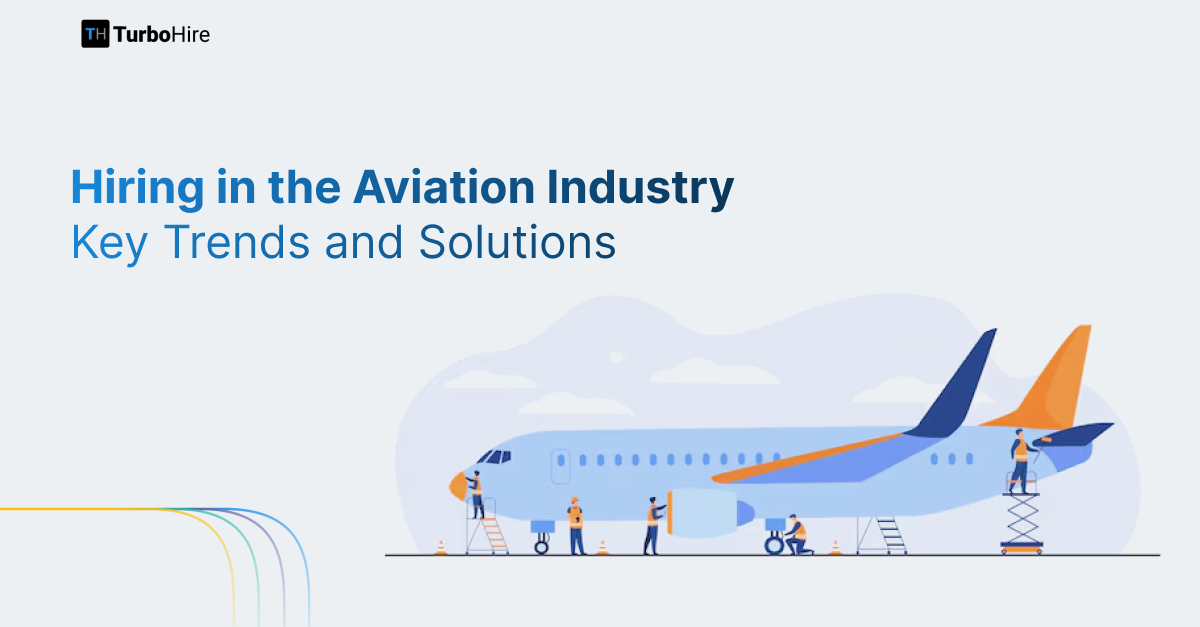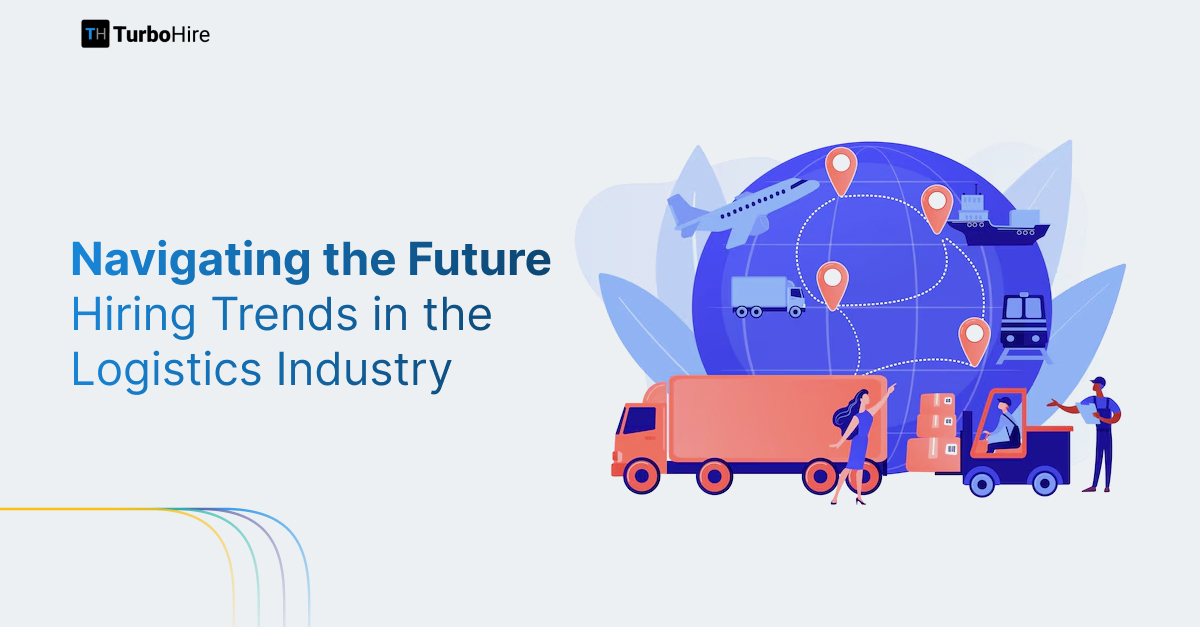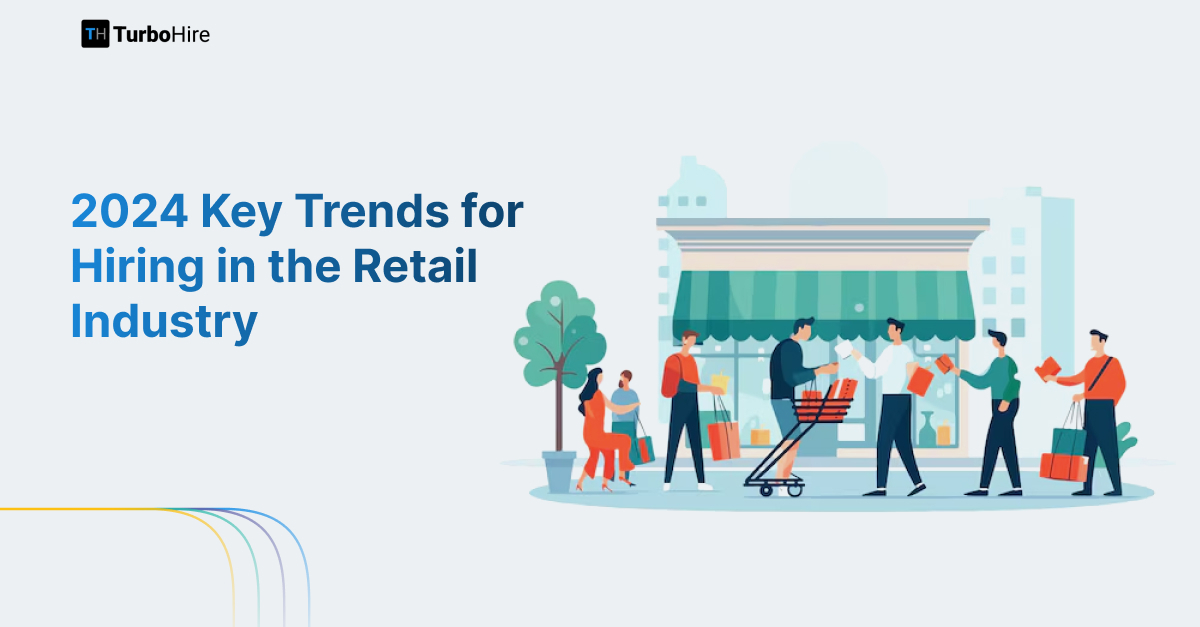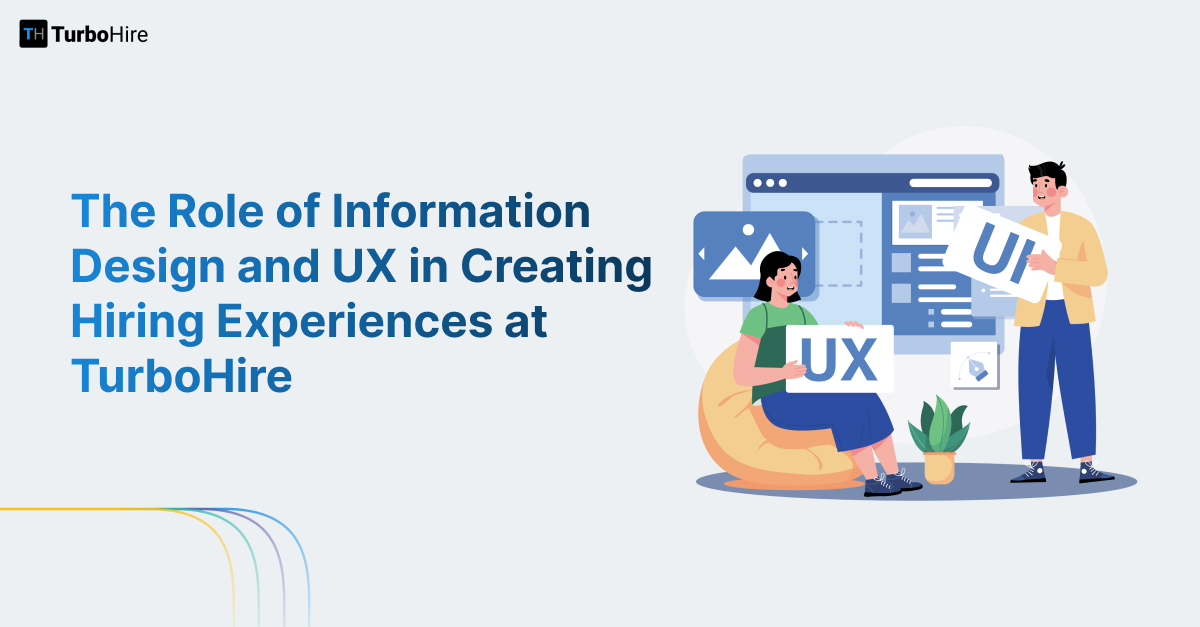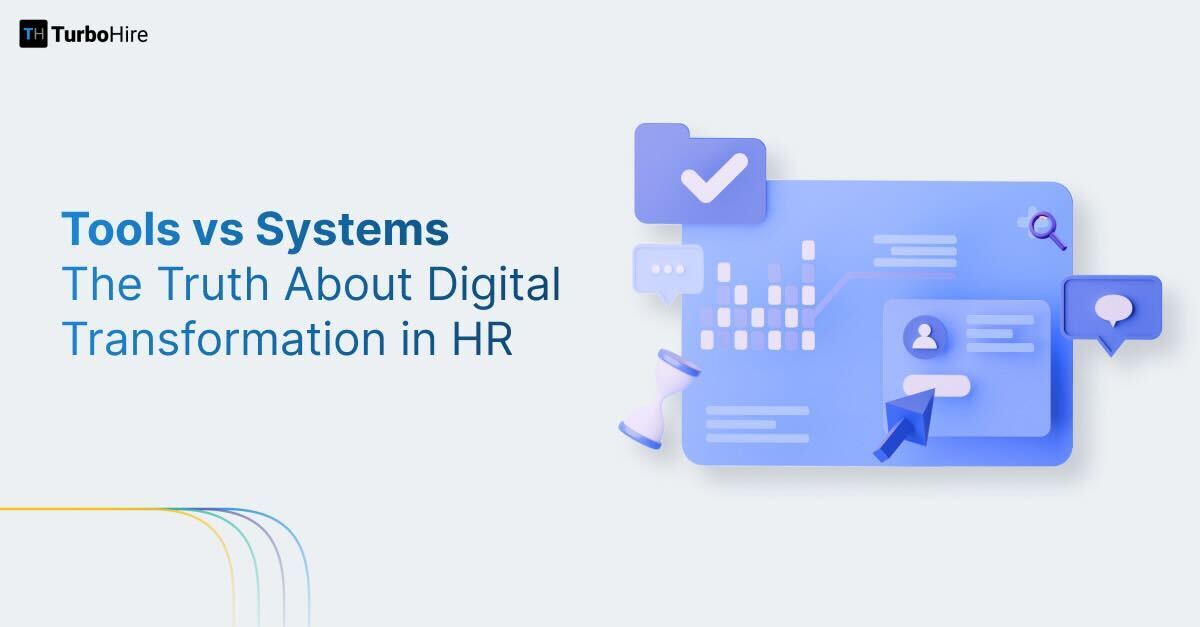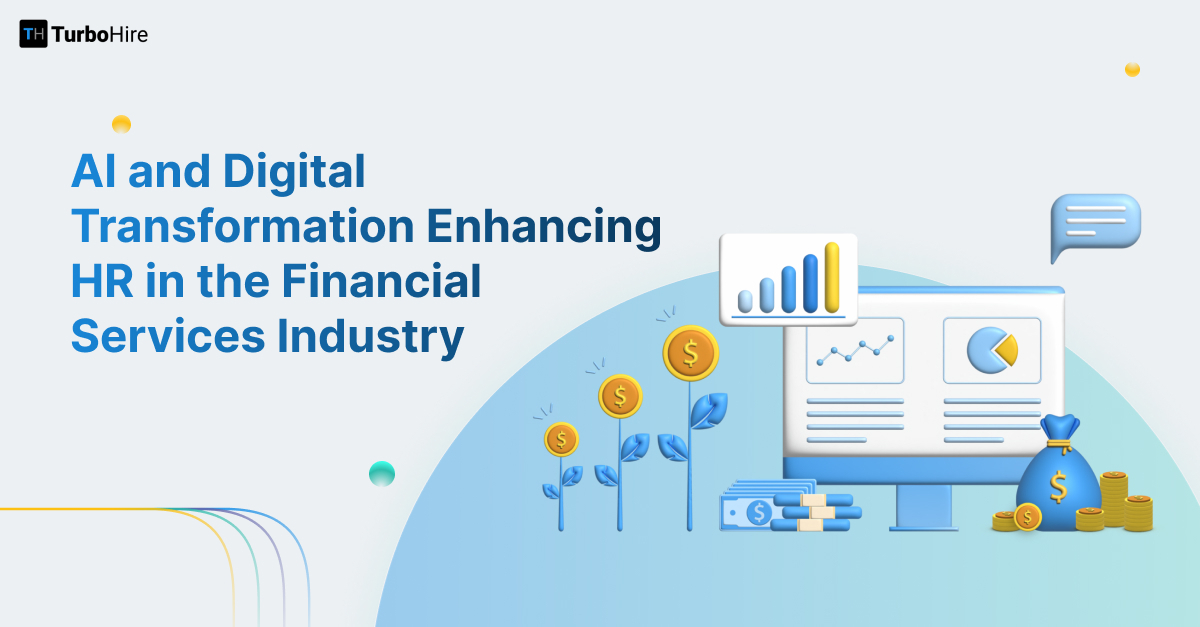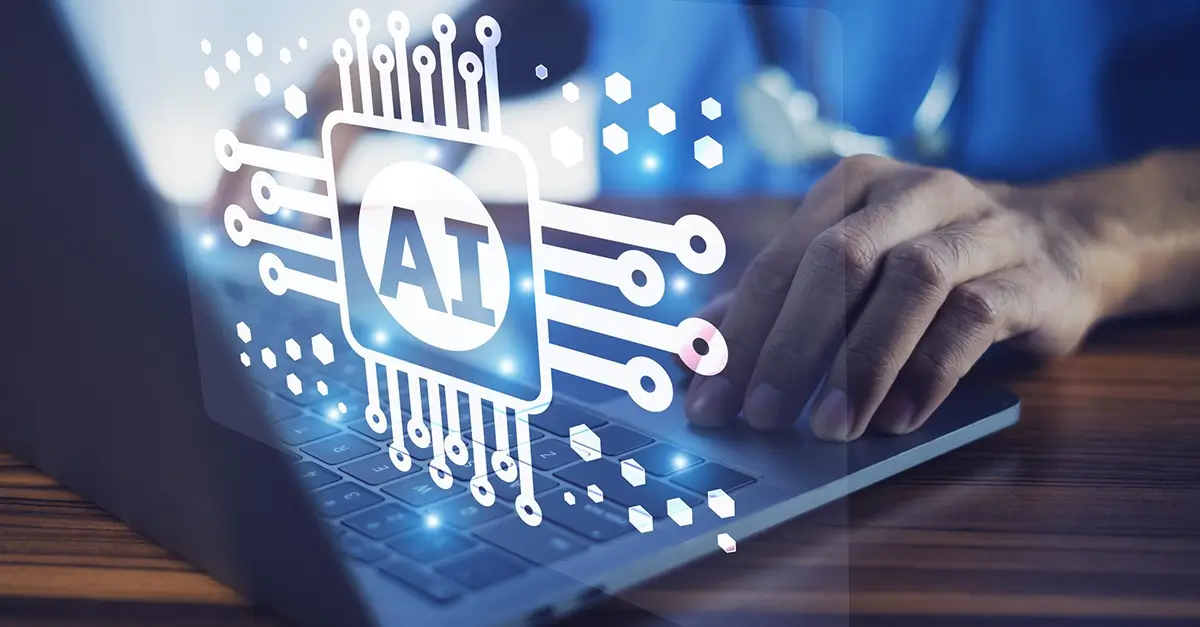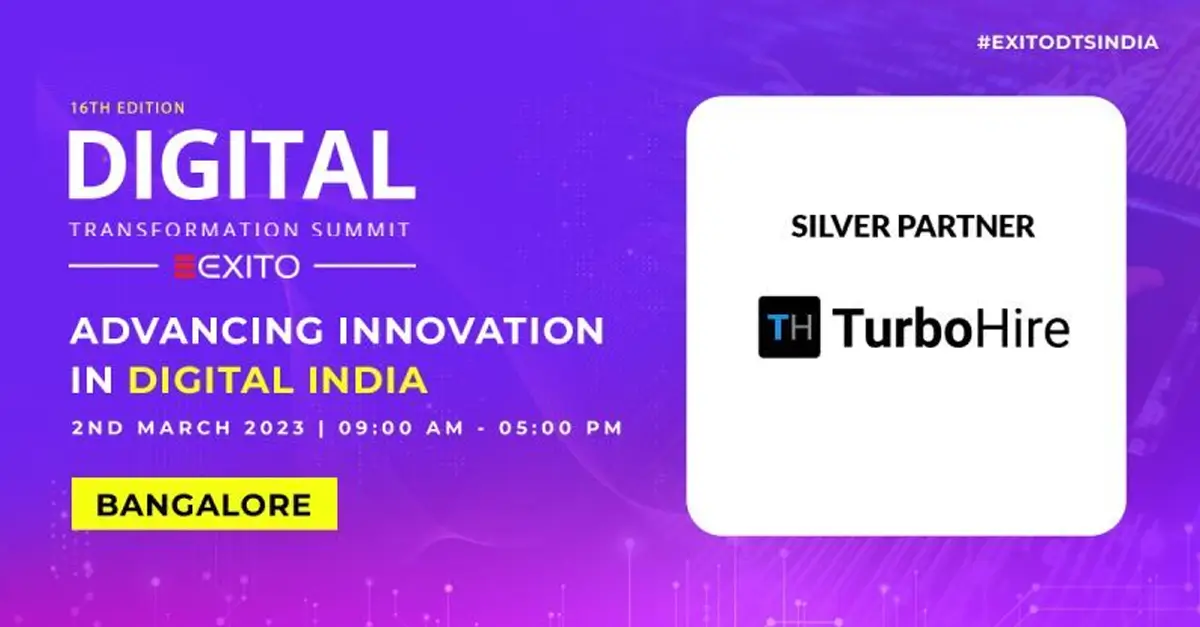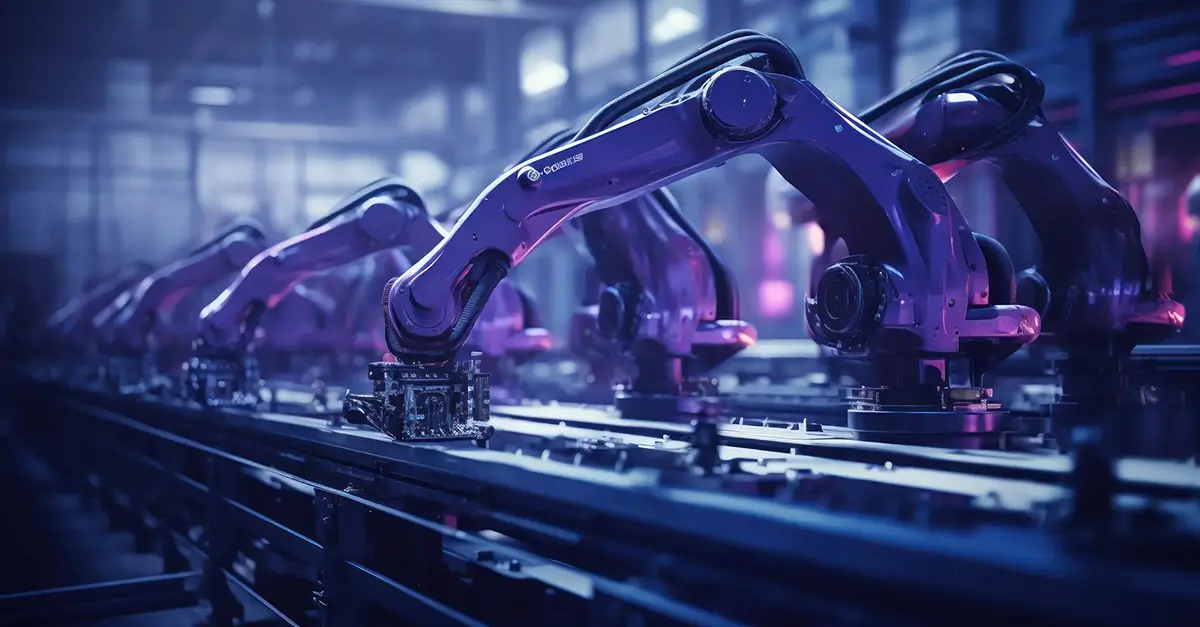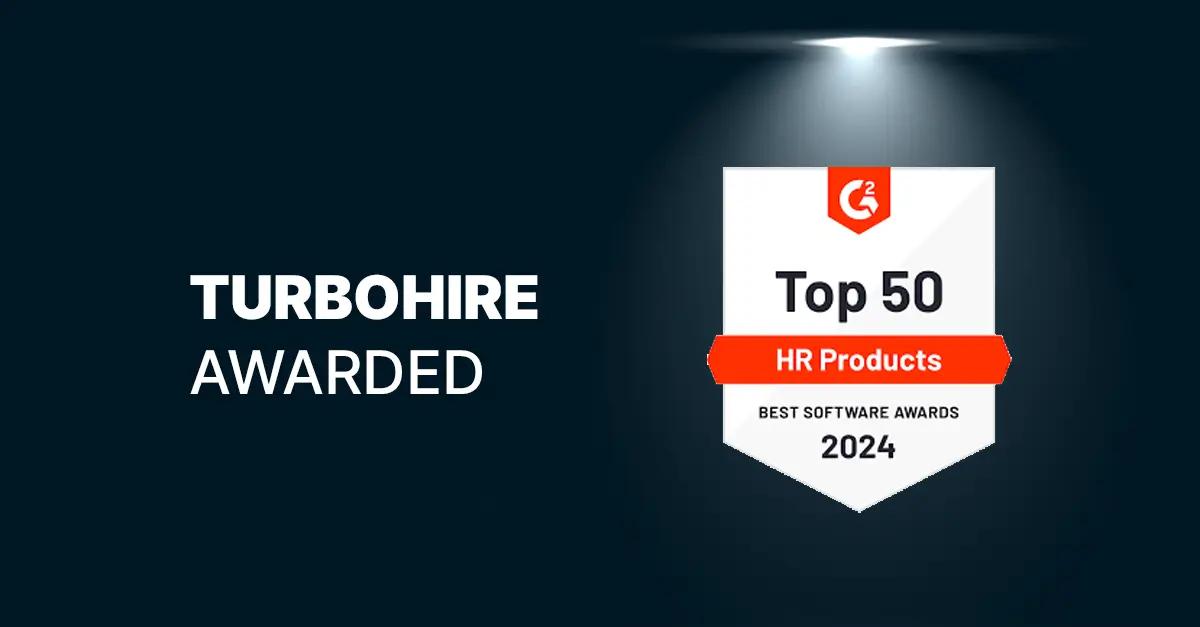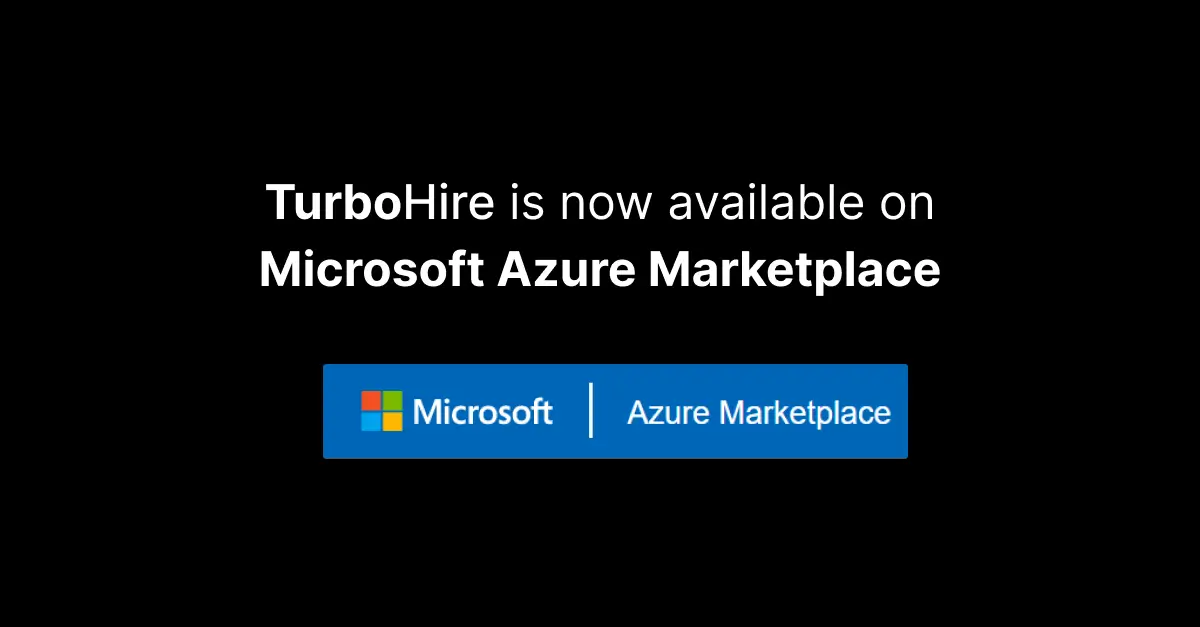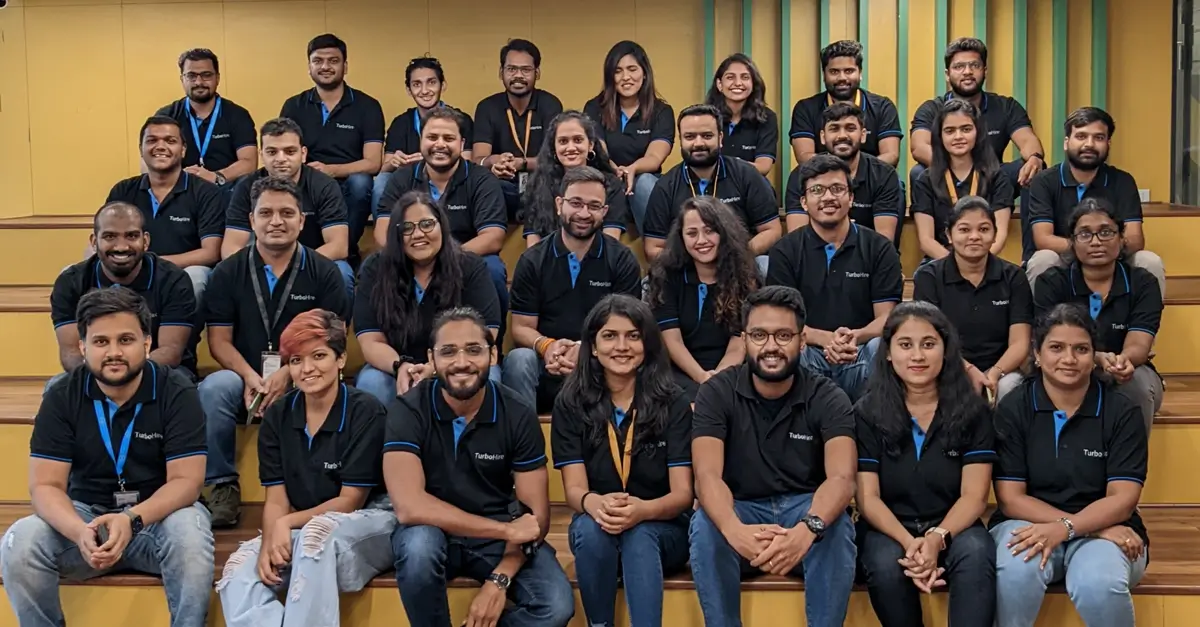Introduction
The hiring landscape is undergoing a seismic shift, influenced by rapid technological advancements, changing workforce expectations, and evolving business needs. As we approach 2025, understanding the trends shaping the future of talent acquisition is no longer optional—it is essential. Organizations must embrace innovative hiring strategies to remain competitive and build resilient teams.
This article delves deep into the key hiring trends of 2025, offering insights into how companies can adapt and thrive in this dynamic environment.
AI and Automation in Hiring
The integration of AI and automation in hiring has transitioned from being a luxury to a necessity. These technologies are transforming every stage of the hiring process, from sourcing candidates to onboarding them seamlessly. AI-powered tools enable companies to identify top talent with precision by analyzing resumes, assessing skills, and matching candidates to job roles more effectively than ever before.
Automation has proven to be a game-changer for repetitive tasks such as scheduling interviews, sending follow-up emails, and managing applicant databases. These efficiencies allow HR professionals to focus on strategic initiatives, such as building a strong employer brand and enhancing employee engagement.
As organizations undergo digital transformation, the role of advanced hiring platforms becomes pivotal. TurboHire, an AI and automation-powered hiring experience platform, drives this transformation by delivering seamless hiring experiences for everyone involved – from candidates to leaders – making the hiring process efficient, data-driven, and engaging.
Focus on Employee Experience
In today’s candidate-driven market, employee experience starts with candidate experience, making it a critical differentiator for organizations. Companies are no longer just offering jobs—they are crafting meaningful experiences that resonate with talent. From the moment a candidate applies to the day they join, every interaction shapes their perception of the company and its culture.
Modern candidates highly value transparent communication and seamless processes. Providing real-time updates about application status and offering intuitive platforms significantly enhance their journey. Features like mobile-friendly, login-less applications and WhatsApp chatbots have redefined candidate engagement, making the process more accessible, efficient, and user-centric.
Personalization and transparency are key emerging trends in candidate experience. Tailored communication and feedback make candidates feel valued, while keeping them informed about every stage of the process builds trust. Technology plays a vital role here, with tools simplifying applications, onboarding, and overall engagement, creating tech-enabled touchpoints that elevate the experience.
Investing in candidate experience goes beyond simply attracting top talent. It helps reduce dropout rates, ensures smoother transitions, and fosters loyalty among new hires. This investment ultimately lays the foundation for a positive and lasting employee experience.
Flexible and Hybrid Work Models
The shift to remote and hybrid work models, driven by the pandemic, has fundamentally redefined workplace expectations. By 2025, workplace flexibility is no longer a perk—it is a standard expectation for job seekers. Candidates actively seek roles that offer remote work or hybrid options, prioritizing work-life balance, personal autonomy, and the ability to work from anywhere.
For employers, this paradigm shift calls for a reimagining of hiring strategies to stay competitive in the global talent market. As organizations compete for top talent on an international scale, virtual hiring platforms, remote onboarding tools, and cloud-based collaboration systems have become essential. These technologies not only streamline the hiring process but also ensure seamless integration for remote employees.
Skills-Based Hiring
In 2025, skills-based hiring replaces traditional qualifications as organizations prioritize what candidates can do over their degrees or job titles. Certifications, micro-credentials, and continuous learning are now key indicators of talent, with AI-driven tools streamlining skill evaluations through tailored assessments and simulations.
This approach builds a future-ready workforce, reduces training costs, and promotes diversity by opening opportunities for candidates from non-traditional backgrounds. By focusing on skills, companies can attract top talent, drive innovation, and stay competitive in an ever-evolving business landscape.
Diversity, Equity, and Inclusion (DEI)
In today’s globalized world, diversity, equity, and inclusion (DEI) are no longer just buzzwords—they are essential strategies for organizations striving for growth and success. DEI initiatives not only reflect ethical responsibility but also drive tangible business outcomes by fostering innovation and enhancing performance.
Technology is revolutionizing DEI efforts, with AI-powered hiring tools helping to eliminate unconscious biases. These tools anonymize applications, focusing solely on skills and qualifications, ensuring fair and equitable hiring decisions. Organizations embracing DEI see the benefits of diverse perspectives, improved decision-making, and stronger team collaboration.
Sustainability in Hiring Practices
Sustainability is now a significant factor in talent acquisition, especially for Millennials and Gen Z candidates who value eco-conscious practices. These generations are drawn to organizations that align with their environmental values, making green hiring strategies a crucial part of modern recruitment efforts.
Companies are adopting sustainable practices not only to meet their environmental goals but also to appeal to environmentally conscious talent. By integrating eco-friendly initiatives into the hiring process, businesses can enhance their employer brand while contributing to global sustainability efforts.
Green Hiring Strategies
- Digital Interviews: Virtual interviews reduce the need for travel, minimizing carbon footprints.
- Paperless Processes: Embracing digital documentation eliminates paper waste, streamlining the application process.
- Highlighting Sustainability Initiatives: Showcasing eco-friendly policies and practices during hiring engages candidates who prioritize sustainability.
The Role of Data in Hiring Decisions
In 2025, data-driven hiring is at the forefront of talent acquisition, empowering organizations to make smarter, more informed decisions. By analyzing key metrics like time-to-hire, quality-of-hire, and candidate satisfaction scores, companies can optimize hiring processes and improve outcomes.
However, challenges like siloed systems can limit comprehensive insights. Investing in data integration and advanced analytics tools is essential for unlocking the full potential of data-driven hiring. Organizations that harness data effectively gain a competitive edge, building agile, high-performing teams.
Upskilling and Reskilling
In today’s evolving job market, upskilling and reskilling are critical for addressing talent gaps and staying competitive. As technology advances and business needs shift, organizations must prioritize building a future-ready workforce through continuous learning.
Companies can implement internal training programs in areas like AI, software development, and other in-demand skills. Collaborating with educational institutions for specialized certifications further strengthens employee capabilities and supports career growth. By fostering a culture of learning, organizations empower employees, enhance productivity, and ensure resilience in a dynamic business landscape.
Conclusion
The hiring trends of 2025 are transforming how organizations attract, engage, and retain top talent. From leveraging AI in hiring and prioritizing diversity, equity, and inclusion (DEI) to aligning with sustainability goals and investing in upskilling and reskilling, businesses must embrace a forward-thinking approach to stay competitive.
By adopting these trends, companies can build resilient teams, foster innovation, and achieve long-term success in an ever-changing job market. The ability to adapt and innovate has become essential for thriving in this new era of talent acquisition.


